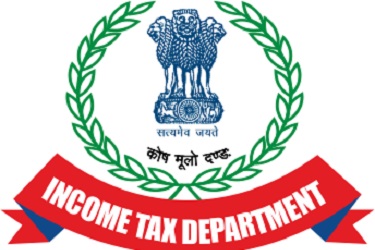House Rent Allowance (HRA) is a vital component of salary packages for many employees in India, designed to help cover the cost of renting a home. Beyond its financial utility, HRA offers significant tax benefits under the Income Tax Act, 1961. However, recent notices issued by the Income Tax Department to taxpayers claiming HRA exemptions …













